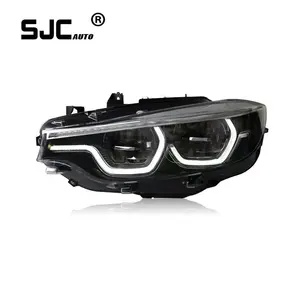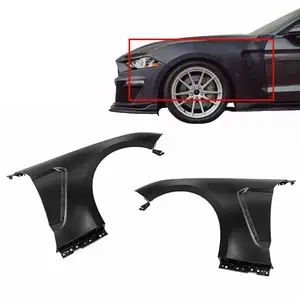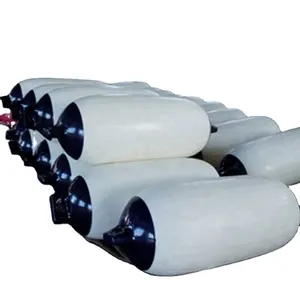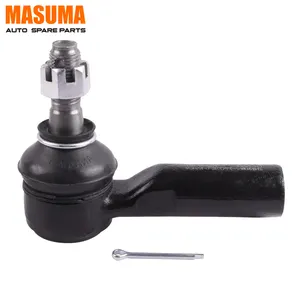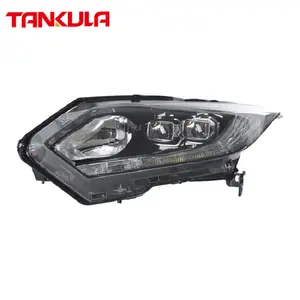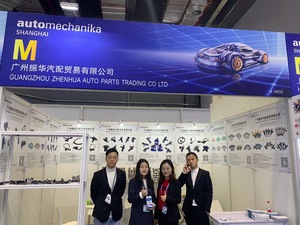Popular in your industry
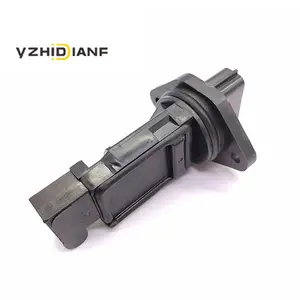








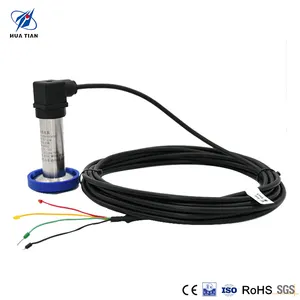





















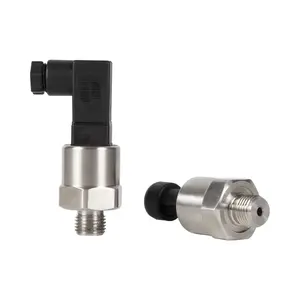









































































Top categories
About ckp sensor cng
Understanding CKP Sensors in CNG Applications
The CKP sensor CNG, or Crankshaft Position Sensor for Compressed Natural Gas vehicles, is an integral component in modern automotive engineering. This sensor plays a crucial role in engine management systems by monitoring the position and rotational speed of the crankshaft. Accurate readings from the CKP sensor are essential for the engine control unit (ECU) to adjust ignition timing and fuel injection, ensuring optimal performance and efficiency in CNG-powered vehicles.
Types and Features of CKP Sensors for CNG Kits
There are various types of CKP sensors tailored for CNG applications, including inductive, Hall effect, and magnetoresistive sensors. Each type has its unique method of operation, but all are designed to provide precise crankshaft position data. The CKP for CNG kit often includes a timing advancer, which is a device that adjusts the ignition timing to suit the specific requirements of CNG combustion. The CKP timing advancer is crucial for maintaining engine performance and reducing emissions in CNG vehicles.
Applications and Advantages of CKP Sensors in CNG Vehicles
The primary application of a CKP sensor in CNG kit is to ensure that the engine's ignition system fires at the correct time. This is even more critical in CNG vehicles, where the ignition properties of the fuel differ from those of gasoline. The advantages of using a dedicated CKP sensor for CNG applications include improved fuel efficiency, reduced emissions, and enhanced engine performance. Moreover, a well-functioning CKP sensor can prevent common issues such as stalling and slow acceleration, which are indicative of timing problems in the ignition system.
Materials and Construction of CKP Sensors
The construction of CKP sensors involves robust materials capable of withstanding the harsh conditions of an engine compartment. Typically, these sensors are made from a combination of high-grade plastics and metals, designed to resist heat, vibration, and chemical exposure. The durability of these materials ensures that the CKP sensor CNG provides reliable performance over a long service life.
Choosing the Right CKP Sensor for Your CNG Kit
Selecting the appropriate CKP sensor for a CNG kit involves considering the compatibility with the vehicle's ECU and the specific requirements of the CNG system. It is important to refer to the CKP for CNG kit price as a factor, but not the sole determinant of quality. Buyers should also evaluate the technical specifications and compatibility features of the CKP sensor to ensure it meets the vehicle's needs.
Installation and Maintenance
While the installation and maintenance of a CKP sensor in CNG kit price may vary, it is generally recommended that professionals handle the installation to avoid any discrepancies in performance. Regular maintenance checks are advised to ensure the sensor's functionality is not compromised, as this could lead to reduced vehicle efficiency and potential safety hazards.
